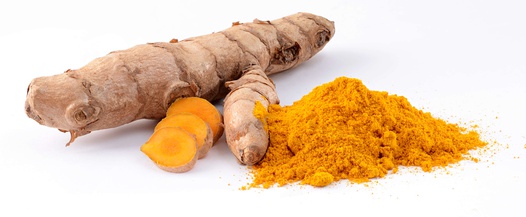Who has never complained of joint pain mobilizing a part of his body and preventing him from living normally? Joint pain is one of the most common ailments in our era, but who is behind these ailments?
Arthritis or osteoarthritis is the question
While the pains may seem similar if you don't pay attention to these disorders, they are quite different. Indeed, these two diseases - if we can call them that - are part of the big family of rheumatism because it designates all the affections affecting the joints. We will try to break them down to see more clearly:
- Osteoarthritis or chronic degenerative rheumatism is an alteration of the cartilage that prevents it from functioning properly. Without inflammatory signs, osteoarthritis causes significant discomfort that can go as far as complete blockage.
- Arthritis or inflammatory rheumatism corresponds to an acute, recurrent phase with a hot, red and painful joint. There is therefore inflammation of the synovial membrane.
The treatment for these two conditions is totally different; in fact, while the first is chronic but non-inflammatory, the second will require treatment of the priority inflammation. Classical allopathic treatments require you to swallow several times a day NSAID (non-steroidal anti-inflammatory drugs) tablets which have an analgesic and antipyretic action, painkillers or sometimes even corticosteroids. The effects of these allopathic drugs are certainly proven positive but they greatly alter the gastric mucosa and the proven side effects are not negligible.
It is then advisable to give ourselves the means to get better thanks to what nature has to offer us such as - for example - food. By incorporating non-inflammatory ingredients into your diet, you will help your body fight this pain that can sometimes be assaulting and disabling on a daily basis.
What are these anti-inflammatory foods?
- Foods rich in omega 3: rapeseed oil, walnut oil and small fatty fish from the cold seas (salmon, mackerel, herring, sardines). Your oils must always be chosen organic and of first cold pressure to draw all the benefits.

What is very important to put in place is to re-establish the omega 3 balance in relation to the omega 6 that we consume in too great a quantity in our countries. These are found in sunflower oil, grape seed oil, corn oil, safflower oil, wheat germ oil
- Dried fruits/oilseeds such as natural nuts, i.e. not roasted and not salted.
- Fresh and raw vegetables and fruits, in season and of organic quality, rich in vitamins and minerals.

- Some spices such as turmeric which contains curcumin which is an anti inflammatory molecule. You can use this spice in your daily meals or choose to make a cure in the form of food supplement. Many turmeric tablets are available in organic stores, herbalist shops or even pharmacies.
- Dark chocolate and green tea should be used sparingly because, in addition to their benefits, they also have negative sides.
We also recommend reducing certain pro-inflammatory products such as :
- Charcuterie
- Fatty meats; red
- Whole milk and fats such as butter and cream.
- Refined grains
- Refined sugars
- Processed products such as margarine.
- The various industrial products of the large consumption.
A 2010 article in Nutrition in Clinical practice proves that the Mediterranean diet - in comparison to the classic European or American diet - is the best "diet" you can implement in your daily life to reduce inflammation and live well naturally. Let your food be your medicine is a quote from Hippocrates to remember and put into practice if you want to live in good health for a long time.



